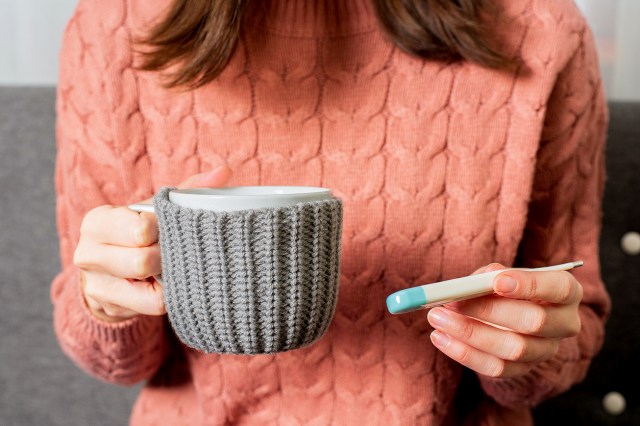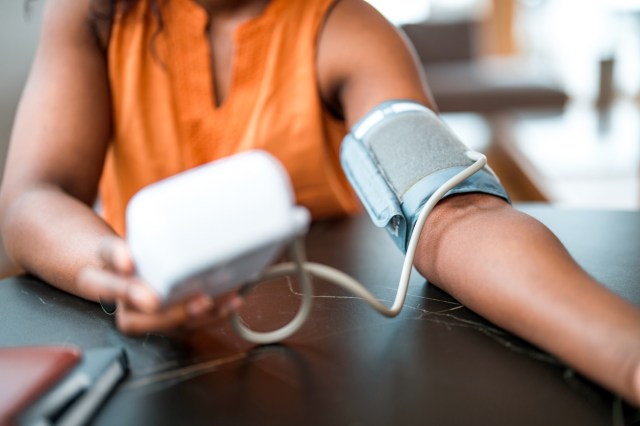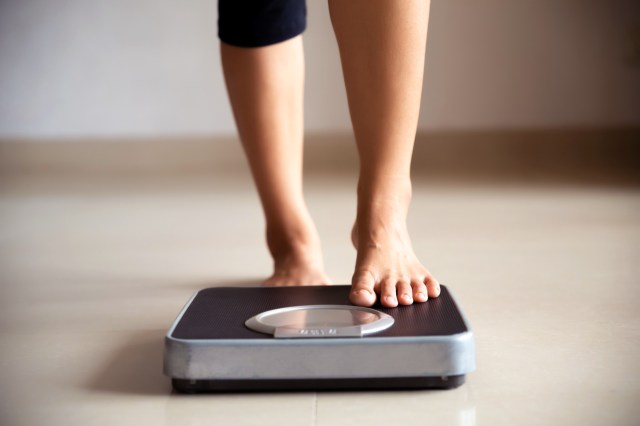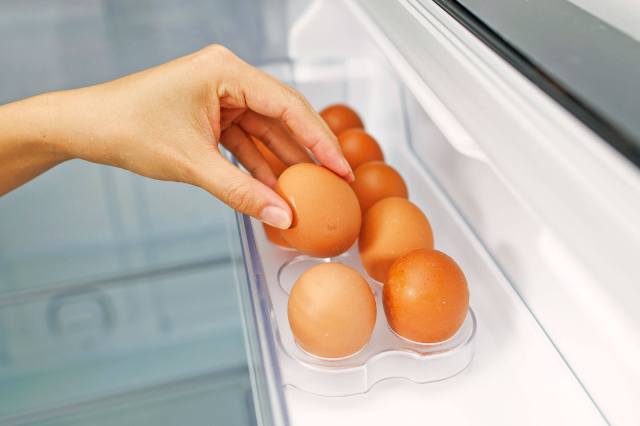From an early age, we are taught that drinking water is important. In fact, the human body is made up of about 60% water. But do we actually know the health benefits? Besides keeping us hydrated, water has many invisible benefits that help our bodies function properly. According to Harvard Medical School, an average healthy person needs to drink between four and six cups of water daily. Keep reading to learn how all that water goes to work for us.

Regulates Body Temperature
Water is vital in keeping the human body temperature at an average of 97 to 99 degrees Fahrenheit. Sweat is made of 99% water and 1% salt and fat, which is why exercise and warm temperatures deplete the body’s water supply so quickly. During these situations, perspiration cools the body as sweat evaporates from the skin, keeping you more comfortable. It’s essential to stay hydrated when you’re cold, too, however. Water redistributes heat around the body, keeping the core and vital organs warmer than the extremities in frigid conditions.

Regulates Blood Pressure
About 90% of blood plasma consists of water, so depleting your body of water can significantly impact the circulatory system. Dehydration can cause low or high blood pressure, depending on the person. For dehydration to cause low blood pressure, losing fluid will cause low blood volume because blood is mostly water, leading to lower pressure. This can also lead to high blood pressure as the body reacts to fix the pressure drop. This overcorrection includes a release of vasopressin (a hormone that balances sodium levels to retain water), but it can also cause high blood pressure by constricting the blood vessels. Giving your body an adequate amount of daily fluid alleviates both high and low blood pressure concerns.

Aids Digestion
A common myth is that water dilutes stomach acid, negatively impacting digestion, but according to research, drinking water before, during, or after a meal is always a good idea. The body breaks down food more efficiently if adequately hydrated, allowing it to fully absorb nutrients into the bloodstream and take them where needed.
Reader Favorites

Removes Waste
Without water, our bodies would be full of harmful toxins. Human urine is around 95% water, and without urine, there would be no way for the kidneys to filter the blood. As blood enters the kidneys, nutrients and toxins are separated. Nutrients return to the bloodstream, and toxins are carried away in the urine and excreted. Water also helps prevent constipation by making stool softer, which expedites the removal of waste from the body. Staying up on your hydration levels keeps all of these systems functioning smoothly.

Improves Physical Performance
Drinking enough water enhances physical performance during exercise, sports, and other daily activities. Water lubricates joints, decreasing discomfort during physical activity and reducing the risk of injury. It also protects tissues and organs from damage or injury by cushioning them. A common misconception is that sports drinks are better than water after a workout. For most people, water alone is enough to stay hydrated after moderate activity, and water comes without added calories, sugars, and sodium. Sports drinks should be reserved for intense physical activity that lasts for a prolonged period. A combination of sports drinks and water will replenish lost fluids and electrolytes.

Improves Cognitive Performance and Mood
If you’re experiencing brain fog or are feeling unmotivated, try drinking a glass of water. Being adequately hydrated correlates to better brain function. A study on the effects of dehydration and rehydration revealed a drop in cognitive performance while participants were dehydrated. This included increased fatigue and decreased overall mood, short-term memory, attention, and reaction. After the participants were rehydrated, all of these issues improved.

Impacts Weight Loss
According to the experts at Johns Hopkins University, water can help the average person lose weight for various reasons. Increasing water intake can change the way you eat. It acts as a natural appetite suppressant, which decreases instances of overeating. It is also calorie- and sugar-free, so replacing sodas and juices with water could promote weight loss. Water also keeps the body functioning properly physically and mentally, leading to more effective exercising and decreased cortisol levels.
Featured Image Credit: Halfpoint/ iStock










